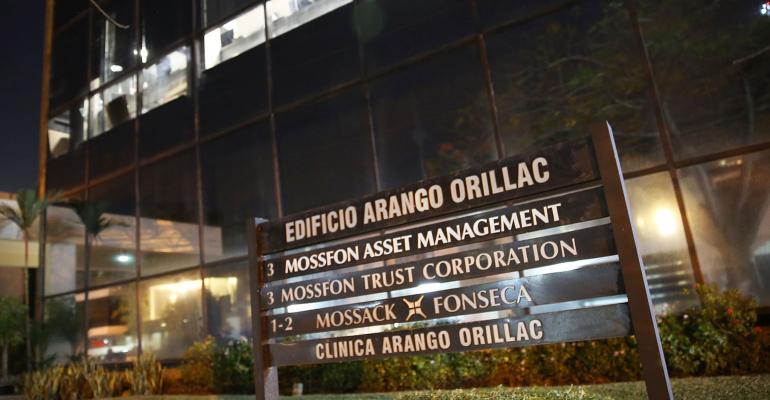The offshore planning community was shocked when the hacking of a Panamanian law firm and the subsequent release of documents resulted in widespread allegations of tax evasion, money laundering, and fraud.
Journalists with the International Consortium of Investigative Journalists (ICIJ) obtained the hacked files, which contained some eleven million documents of the Panama-based law firm Mossack Fonseca. The ICIJ enlisted the help of some 107 media organizations around the globe in analyzing and reporting on the documents.
According to the BBC, the documents “show how the company has helped clients launder money, dodge sanctions and evade tax.” The allegations include illicit activity by twelve heads of state and 60 people connected to current or former world leaders. It has already led to the resignation of Iceland’s Prime Minister.
This kind of revelation brings about the question: how can professionals and clients make sure they are doing business with reputable offshore companies?
Make Use of U.S. Attorneys
Effective offshore trust planning always requires trust companies located in a jurisdiction with trust protection laws favorable to the settlor. No benefit is gained by utilizing attorneys outside of the U.S. To the contrary, by utilizing non-U.S. attorneys, clients lose the ethical standards that federal and state bar associations require of their licensed attorneys, not to mention proper U.S. tax advice.
While the ethical rules vary among the bar associations, in all 50 states an attorney will likely be disbarred and/or prosecuted for assisting clients in the commission of crimes or civil fraud. Similarly, it is a crime for an attorney to assist a client in tax evasion.
Effective Planning Never Relies on Secrecy
As the adage goes, sunshine is the best disinfectant. Any plan, be it offshore or domestic, which relies on secrecy will ultimately be ineffective. While confidentiality and anonymity are attractive features of offshore planning, effective offshore planning does not rely on either. In fact, offshore asset protection planning is often more effective when revealed to creditors. When faced with the daunting task of penetrating an offshore structure—an impossibility when properly implemented—smart creditors and their attorneys run for the hills.
KYC, the IRS and FATCA are Your Friends
Financial institutions in certain jurisdictions like the Cook Islands, Nevis, Lichtenstein, and Switzerland, are arguably more closely regulated than U.S. institutions. But American consumers do not need to rely solely on the regulations of those countries to be protected from illegitimate institutions. International laws and cooperative agreements have made it possible to determine if a company is ethical before doing business. If the companies you work with are not making use of the following standards, they may not be above board.
“KYC” or “Know Your Customer” - Only do business with companies that have the same or higher KYC standards than the U.S. For example, the institutions that we recommend to our clients require original notarized copies of identification, an original IRS Form W-9, copies of filed tax returns, and run each customer through a comprehensive international background check.
The IRS - Obtain an employer identification number for each foreign trust, and be sure to have the trust company sign the SS-4. This puts the trust company on notice that you will be reporting the trust’s existence to the IRS, and similarly notifies the IRS to expect a tax return. Disreputable offshore companies may shy away from signing a form filed with the IRS.
FATCA – Ensure that every offshore company you work with is FATCA compliant. FATCA, or the Foreign Account Tax Compliance Act, requires foreign financial institutions with American customers to report assets and income to the IRS in a manner similar to domestic institutions. An American opening accounts with a FATCA compliant entity cannot possibly make use of a tax haven for tax evasion.
By utilizing the above steps, professionals and consumers can be assured of the integrity of the offshore companies they work with, and avoid being tangled up with a company like Mossack Fonseca.





